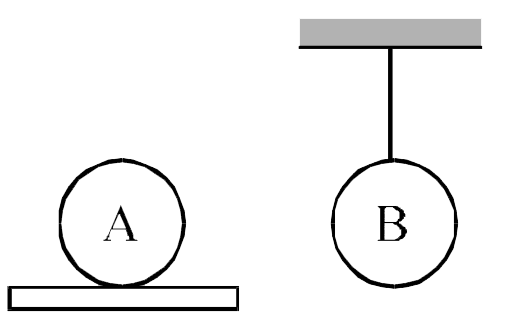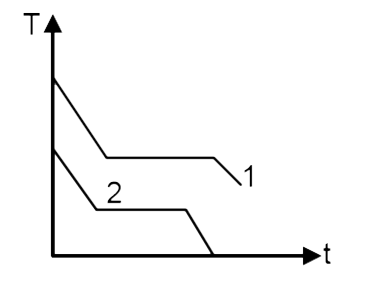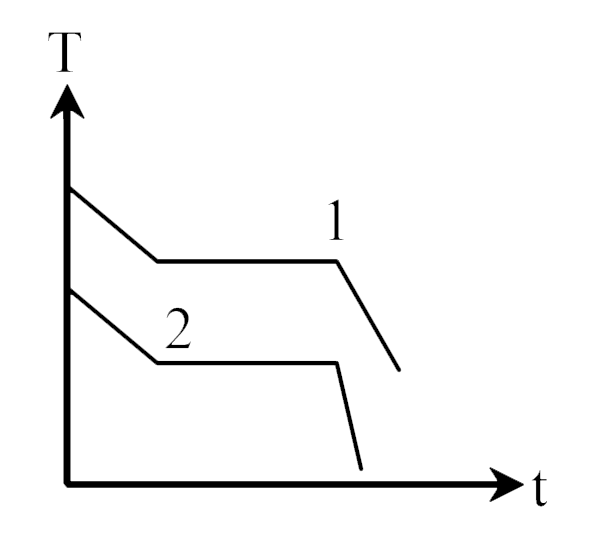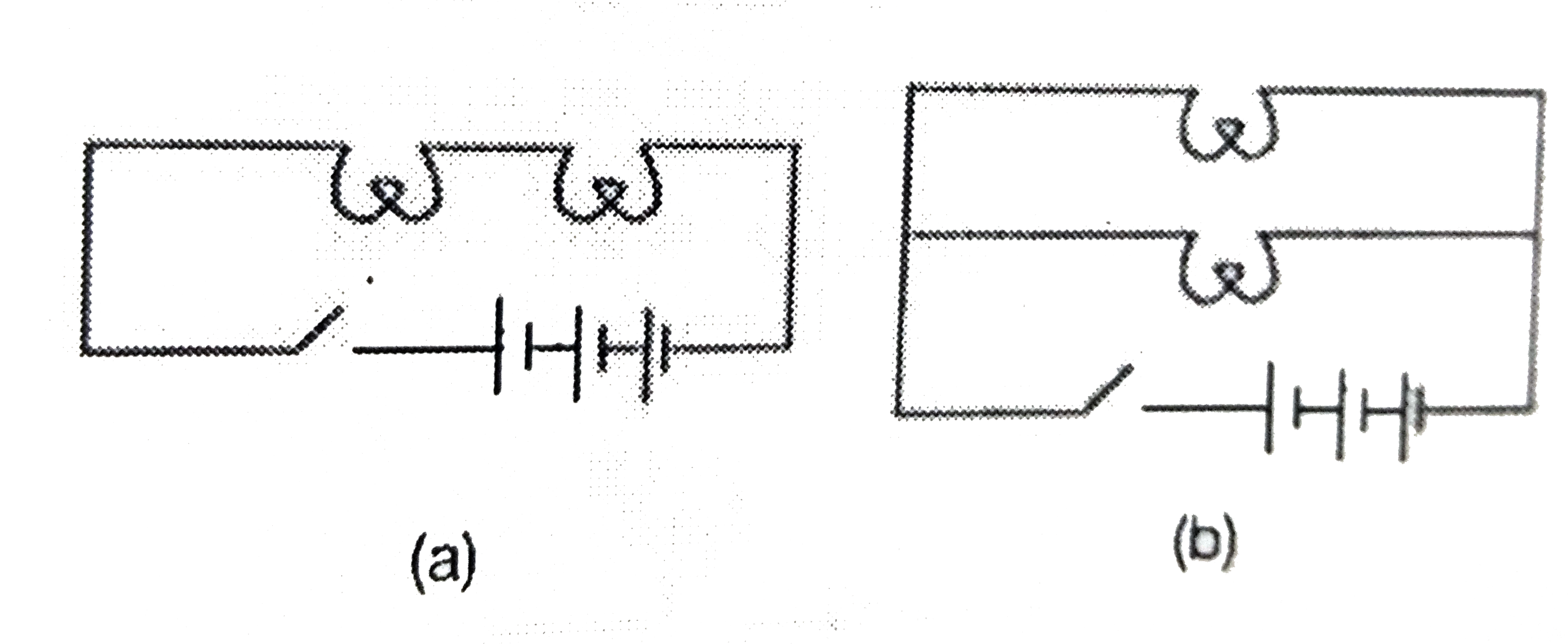Ram took equal masses of cooking oil and water repecitvely in two differernt identical beakers and placed them on identical heat engines and supplied same amount of heat to them .with the help o fthermometer he noted their temperautes which one of them would be hotter why?
The oil becomes hotter than water because the specific heat capacity of oil is less compared to that of water (1 cal g−1∘C−1). The quantity of heat required to raise the temperature of 1 g of a substance by 1∘C is called specific heat of the substance. Low specific heat means, for the same amount of heat supplied, the change in temperature is more.
Similar Questions
Ram took equal masses of cooking oil and water repecitvely in two differernt identical beakers and placed them on identical heat engines and supplied same amount of heat to them .with the help o fthermometer he noted their temperautes which one of them would be hotter why?
View SolutionConsider two identical iron spheres , one which lie on a thermally insulating plate, while the other hangs from an insulatory thread. Equal amount of heat is supplied to the two spheres, then
 View Solution
View Solution
Knowledge Check
- Question 1 - Select One
Four identical copper balls are painted blue, red, black, and white. After heating them to the same temperature, the one which cools fastest is the _____ ball.
AredBblackCwhiteDblue - Question 2 - Select One
Two different liquids of same mass are kept in two identical vessels, which are placed in a freezer that extracts heat from them at the same rate causing each liquid to transform into a solid. The schematic figure below shows the temperature T vs time t plot for the two materials. We denote the specific heat in the liquid status to be CL1 and CL2 for materials 1 and 2 respectively, and latent heats of fusion U1 and U2 respectively.

Choose the correct option.ACL1>CL2 and U1<U2BCL1>CL2 and U1>U2CCL1<CL2 and U1>U2DCL1<CL2 and U1<U2 - Question 3 - Select One
Two different liquids of same mass are kept in two identical vessels, which are placed in a freezer that extracts heat from them at the same rate causing each liquid to transform into a solid. The schematic figure below shows the temperature T vs time t plot for the two materials. We denote the specific heat of metrials in the liquid (solid) states to be CL1(CS1) and CL2(CS2) respectively
 ACL1<CL2 and CS1<CS2BCL1>CL2 and CS1>CS2CCL1>CL2 and CS1>CS2DCL1<CL2 and CS1>CS2
ACL1<CL2 and CS1<CS2BCL1>CL2 and CS1>CS2CCL1>CL2 and CS1>CS2DCL1<CL2 and CS1>CS2
Prahar took two identical heating elements and con-nected them to a battery in two different ways as shown in the figure. When he switched ON the switch, is the heat developed in each element the same or different in both the cases ?
 View Solution
View SolutionPrahar took two identical heating elements and con-nected them to a battery in two different ways as shown in the figure. When he switched ON the switch, is the heat developed in each element the same or different in both the cases ?
 View Solution
View SolutionA flat wide and a high narrow box float in two identical vessels filled with water. The boxes do not sink when two identical heavy bodies of mass m each are placed into them.
In which vessel will the level of water be higher?View SolutionA teacher shows two identical glasses filled with an equal amount of juice in them. She empties them in two different glasses one of which is taller and the other one is wider. She asks her class to identify which glass would have more juice in it. Students reply that the taller glass has more juice. Her students have difficulty in dealing with
View SolutionA calorimeter of water equivalent 6g has water of mass 64g up to a certain volume An other identical calorimeter has liquid of mass 5g and specific heat 0.6calg∘C upto same level If both pf them cool in the same surroundings through same range of temperature and the time taken for the water to cool is 140s the time taken for the liquid to cool is .
View Solution

